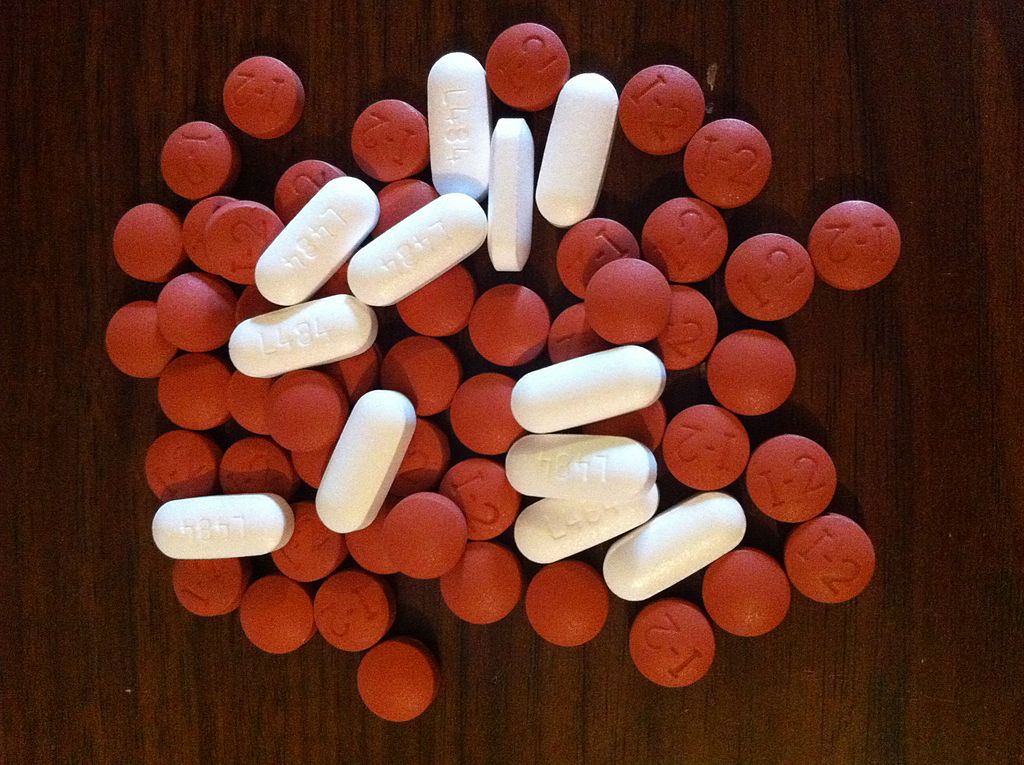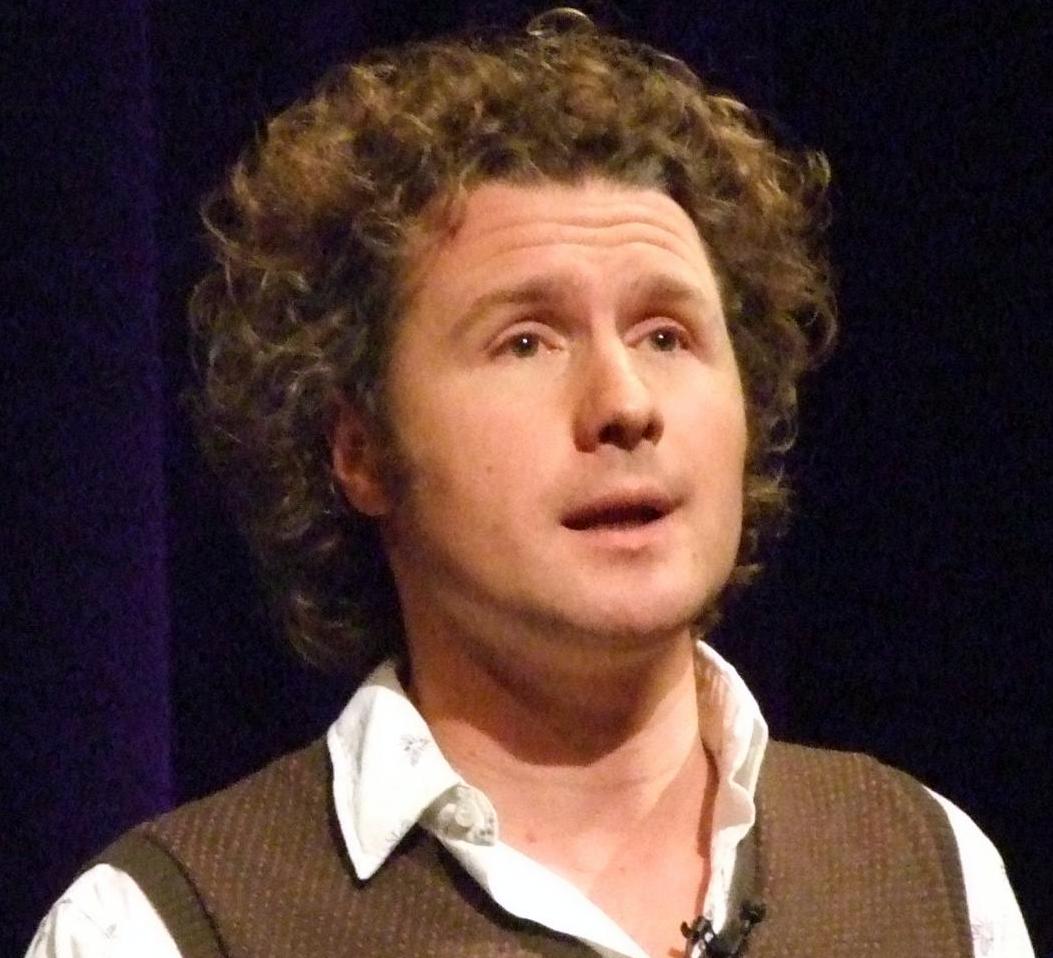
Anti-inflammatory drugs: A closer look at the risks
If science-based medicine reflects the application of the best evidence, then we should expect practices to change when new data emerges. In the long run that’s generally true, and the progressive gains we’ve seen in the management of disease reflect this. But in the short run, change can be maddeningly slow, and there are many areas of medicine where we could be...
Calcium supplements and heart attacks: More data, more questions
Why take a drug, herb or any other supplement? It’s usually because we believe the substance will do something desirable, and that we’re doing more good than harm. To be truly rational we’d carefully evaluate the expected risks and benefits, estimate the overall odds of a good outcome, and then make a decision that would weigh these factors against any costs (if...
Who takes dietary supplements, and why?
If you’re a regular reader of this blog, I’ll bet you’re not a regular consumer of vitamins or supplements. I’m in that group. Aside from sporadic vitamin D in winter, I don’t take any vitamins or supplements routinely, nor do I give any to my children. Your reasons may be close to mine: There is little to no evidence suggesting that dietary deficiencies...
Should you be “Eating Clean”?
Like many of you I’m interested in the science of good nutrition. In general, I’ve come to be pretty skeptical of the nutritional literature, as so many studies seem to follow the same trajectory that we see with drug studies: Trivial changes in non-relevant outcomes, a failure to consider the results in the context of the accumulated scientific evidence and often, significant...
The Dr. Oz Red Palm Oil (non-) Miracle
If there is an antithesis to the principles of science-based medicine, it’s probably the Dr. Oz show. In this daytime television parallel universe, anecdotes are evidence. There are no incremental advances in knowledge — only medical miracles. And every episode neatly offers up three or four takeaway health nuggets that, more often than not, seem to leave the audience more ill-informed about...
Dr. Oz Doubles Down on Green Coffee Bean with a Made-for-TV Clinical Trial
“One of the most important discoveries I believe we’ve made that will help you burn fat – green coffee bean extract” – Dr. Oz, September 10, 2012, Episode “The Fat Burner that Works” Dr. Mehmet Oz may be biggest purveyor of health pseudoscience on television today. How he came to earn this title is a bit baffling, if you look at his...
Bodytalk: Medical theater
If there were an icon of Science-Based Medicine, I think it should be Sisyphus: pushing a boulder uphill, only to watch it roll down again. Forever. Blogging about pseudoscience in medicine can feel that way at times. There is no end to the variations of nonsense, most health professionals are indifferent at best, and sometimes I wonder if blogging is just preaching...
What does a new drug cost? Part II: The productivity problem
A few weeks ago I reviewed Ben Goldacre’s new book, Bad Pharma, an examination of the pharmaceutical industry, and more broadly, of the way new drugs are discovered, developed and brought to market. As I have noted before, despite the very different health systems that exist around the world, we all rely on private, for-profit, pharmaceutical companies to supply drug products and...

Bad Pharma: A Manifesto to Fix the Pharmaceutical Industry
“There is no medicine without medicines” write Ben Goldacre in his new book Bad Pharma. To Goldacre, an author, journalist and physician, this cause is personal. The title, a reference to both his first book, Bad Science, as well as the pharmaceutical industry’s nickname Big Pharma, is a bit of a misnomer. While the focus is pharmaceutical companies and their actions, there are...
It’s time for true transparency of clinical trials data
What makes a health professional science-based? We advocate for evaluations of treatments, and treatment decisions, based on the best research methods. We compile evidence based on fair trials that minimize the risks of bias. And, importantly, we consider this evidence in the context of the plausibility of the treatment. The fact is, it’s actually not that hard to get a positive result...

